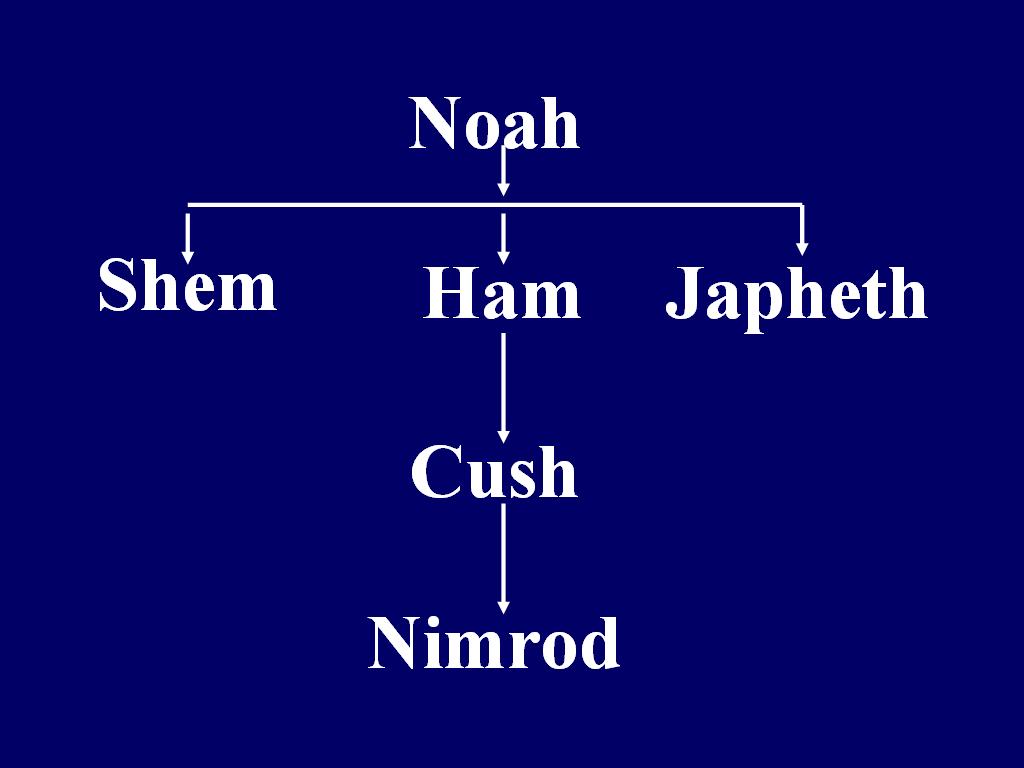Spiritual Gifts part 336. Human thrones and idols' altars.
John Farley
Sunday,
November 25, 2012
Spiritual Gifts Part 336:
Human thrones and idols’ altars
The Doctrine of Spiritual Gifts
Point 4.
Developing the capacity you need to function effectively in your spiritual gift.
When you have doctrine in your soul that has been tested, you can discern evil trends in Christianity.
Apostate Christianity in the last days of the church age will morph into the worldwide ecumenical religious system of the Tribulation called Babylon the great, the mother of harlots in Rev 17.
Revelation chapters 17 and 18 deal with the subject of Babylon and describe the destruction of Babylon.
Chapter 17 describes Babylon in its mystery form, as a religious system or spirit of false worship.
Chapter 18 describes Babylon as a political and commercial system embodied in a city, the city of Babylon in the future.
So there are
two Babylons: religious Babylon and political Babylon.
Chapter 17 describes the destruction of religious Babylon which occurs somewhere around the middle of the Tribulation.
It further explains an event introduced in ch. 13-14 of the book of Revelation.
It is a fascinating study to trace the subject of Babylon (“Babel”, “Shinar”) through the Bible.
It ends in Revelation but it begins in Genesis.
The ancient city of Babylon began shortly after the Flood and is an expression of man’s direct rebellion against God and His command to “be fruitful and multiply and fill the earth” (Gen 9:1b).

The Babylon of Rev 17-18 traces her roots back to the power politics and religious apostasy of Nimrod (Gen 10, 11).
The word Nimrod means “the rebel”.
This great-grandson of Noah had a tremendous desire to rise up and attempt to overthrow all existing order.
This inciter to revolt, this Nimrod, came to be the first tyrant on the earth, oppressing others and using them to further his own interests.
Nimrod is not only setting himself up to be the rival of Noah; he also set himself up as the rival of God!
“on the earth” points to the extent of Nimrod’s dominion. His ambition, his might and reputation kept extending farther and farther across the earth.
Nimrod was the pioneer in empire building, and he would be followed by the likes of Nebuchadnezzar, Alexander the Great, and Caesar.
The Antichrist, the beast, will be the true antitype of Nimrod, reigning over all the peoples of the earth, demanding not only obedience, but also worship.
The same strength, skills and daring that served him so well in the forest made him a force on the battlefield.
He was a hunter of animals, but he was also a hunter of men.
Nimrod began to show his might over other people, and just as he was a mighty hunter of animals, he was also the first to establish kingdoms.
And once he had subdued their bodies [the city], he also desired their souls [the tower].
He mixed royalty and religion in his “www”.
He is the founder of Babylonianism that will find full expression in the reign of the Beast during the Tribulation Period.
The phrase “mighty hunter before the Lord” implies antagonism against the Lord, opposition to God.
Nimrod was also the leader of the revolt of the Tower of Babel, and it was the confusion of tongues that would force Nimrod to leave Babylonia (Shinar) and journey to Assyria.
The Law of Recurrence is a common literary technique of the Bible. It is a basic law of biblical interpretation.
The first block of Scripture gives an account of the event or a person from start to finish in chronological order.
This is followed by a second block of Scripture that goes back to an earlier time within the first block, in order to give more details as to how certain things or events happened.
This is a description of rebellion against God.
They wanted to build a city [political Babylon] and a tower [religious Babylon].